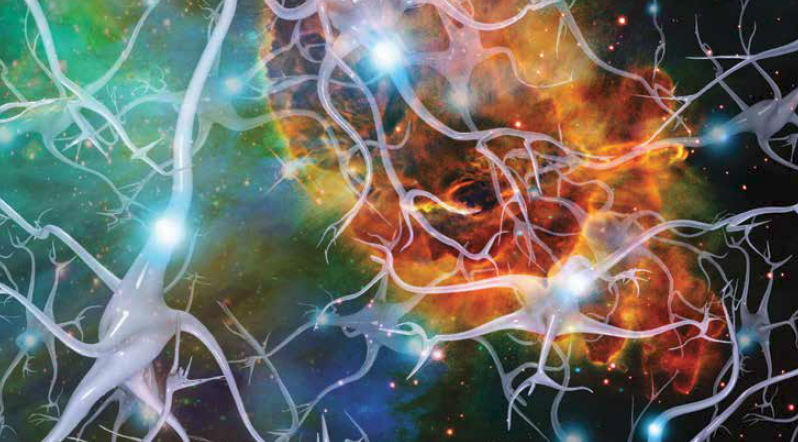
Trace evidence is often a key component for identifying and eliminating suspects. There can be little disagreement that trace evidence is valuable from the investigative stage through criminal prosecution. Suppose one were to extend the concept of trace evidence beyond traditional areas such as tool impressions and gunshot residue to include human memories. That is, what if information in a suspect’s memory was considered to be trace evidence? This concept requires a bit of a shift in perspective, but it is not as unlikely as it may sound at first. Forensic assessment of computer hard drives and mobile phones for specific data is an apt analogy for forensic testing of human memory. The presence of information stored in memory can link a perpetrator to a crime. While accessing digital records for evidence is standard practice in modern criminal investigation, the possibility of using human memories and their immense potential for quickly winnowing suspects, is less widely known.


